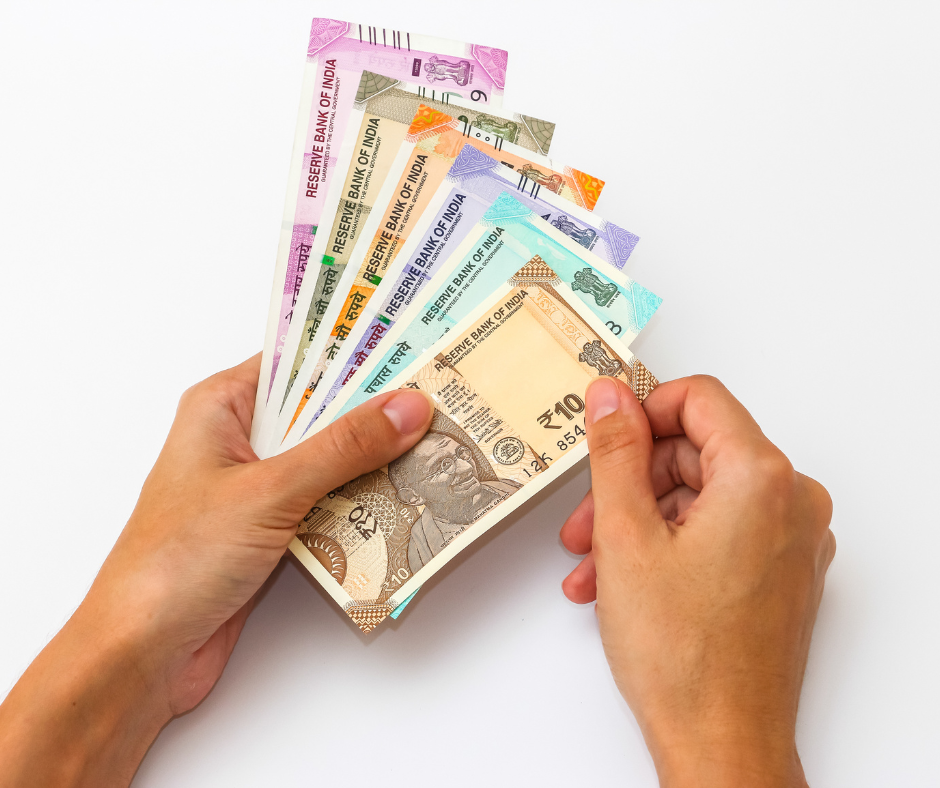
Traveling to Kashmir is not just a journey—it’s an experience of unmatched beauty, cultural richness, and soulful encounters. But what can turn this dream trip into a challenge is poor money management. Let’s not allow financial stress to steal the peace you came looking for. Whether you’re a solo backpacker, a honeymoon couple, or a family traveler, your ability to manage money smartly can determine the success of your trip.
Why Money Management in Kashmir Demands Special Attention
Kashmir is unique—its terrain, lifestyle, and economy differ drastically from other parts of India. ATMs may be scarce in remote areas, internet connectivity might not always be reliable for online payments, and cash remains king in many local markets. So, while your travel bucket list is important, how you manage your money on the ground is what will shape your experience.
This is not just a tip—it’s a wake-up call. Every year, travelers end up cutting their trips short, skipping must-see locations, or even getting stranded because they didn’t plan their finances well. Don’t be one of them.
1. Budget Before You Land
Before packing your bags, make a detailed budget. Break it down into accommodation, transport, food, shopping, and emergencies. Keep a buffer of at least 20% for unexpected expenses. Be realistic. You might get tempted by a shikara ride or hand-woven Pashmina—make sure you’re ready for it financially.
2. Carry Cash—But Not All of It
Cash is essential in Kashmir, especially in places like Sonamarg, Gurez, or Aru Valley. However, carrying large amounts of cash is risky. Divide your cash and hide it in different spots—wallet, luggage, money belt. At the same time, keep your digital wallets ready for payments in Srinagar or at major hotels.
3. Know Your Conversion Rates
If you’re a foreign tourist, currency conversion charges can eat up a chunk of your budget. Choose a reliable forex card or currency exchange provider. Better still, convert part of your currency before you arrive. Don’t rely entirely on airport counters—they offer the worst rates.
4. Use Local Transport Wisely
Taxis in Kashmir can be expensive. If you’re not on a pre-booked tour, learn to negotiate fares or use shared taxis (sumos). They’re budget-friendly and give you a chance to meet locals too. Plan routes ahead so you don’t pay double for poor planning.
5. Shop Smart, Not Emotional
Yes, that hand-embroidered shawl is beautiful. And that carved walnut wood box is irresistible. But beware—emotional spending can destroy your travel budget. Take your time, compare prices, and bargain politely. Remember, the value of the memory is in the experience, not always the object.
6. Emergency Fund = Lifesaver
Always have a separate emergency fund that you never touch unless necessary. Whether it’s a medical need, a missed flight, or a last-minute change in plan—this fund will save you. And if you don’t need it? Well, more cash to treat yourself at the end of the trip.
7. Track Every Rupee
Yes, even that ₹30 kahwa. Use mobile apps like Walnut, Money Manager, or just a notebook. Tracking helps you avoid overspending and stay accountable. It’s a small habit with big rewards.
8. Avoid Scams—They Cost More Than Money
Kashmir is welcoming, but like every tourist place, scammers exist. Don’t fall for unsolicited offers, avoid buying expensive goods from street hawkers, and check reviews before booking guides or houseboats. Financial mistakes made in trust are often the most painful.
This Trip Can Change Your Life—Don’t Let Money Ruin It
A journey to Kashmir is often on a once-in-a-lifetime list. But the difference between a soulful trip and a stressful one lies in how you plan and handle your money. Make no mistake—Kashmir is beautiful, but it rewards the prepared. You’re not just a tourist; you’re an explorer. And every explorer needs their compass—your financial plan is that compass.
Don’t postpone this. Sit down today and create your money blueprint. Let your trip be filled with joy, discovery, and peace—not overdraft alerts and regrets.

Leave a Reply